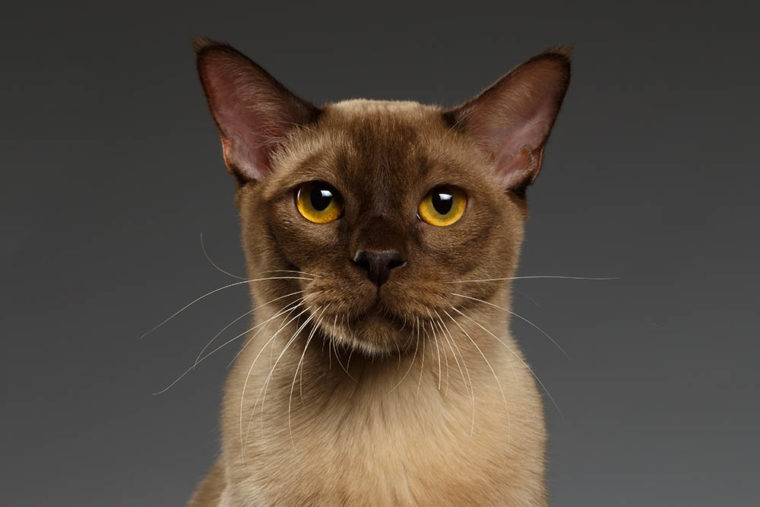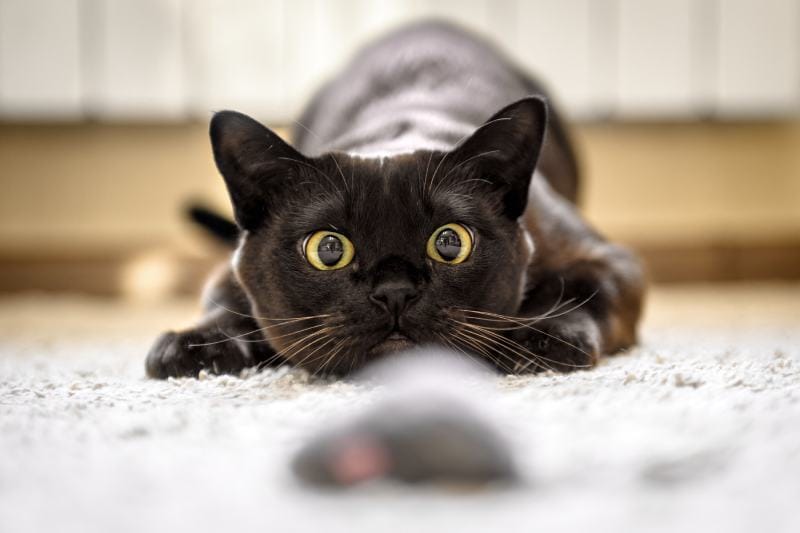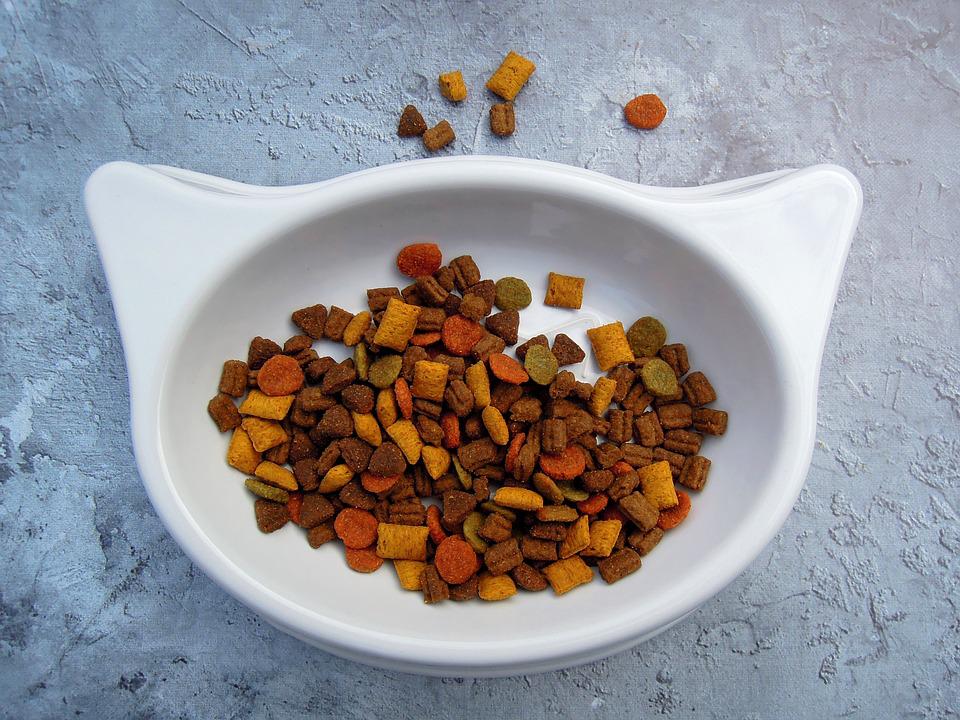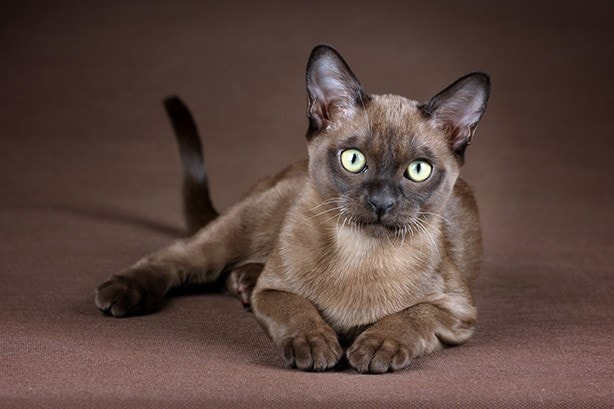
The cost of owning a Burmese cat can vary greatly depending on the initial one-time costs, such as purchasing or adopting the cat, and the ongoing monthly expenses associated with providing proper care.
This article will break down the various costs involved to help potential owners make an informed decision.
Bringing Home a New Burmese Cat: One-Time Costs
The overall one-time costs for a Burmese cat can range from free to several hundred dollars, depending on whether you choose to adopt, rescue, or purchase from a breeder. These expenses often include the initial cost of the cat, as well as the setup and supplies needed to ensure your new pet’s comfort and safety.

Free
In some cases, you may be able to find a Burmese cat for free, particularly if someone is rehoming their pet or a rescue organization has an adoption event. However, it’s important to remember that even if you acquire the cat for free, there will still be other expenses involved in providing proper care.
Adoption
$50–$200
Adopting a Burmese cat from a shelter or rescue organization typically costs between $50 and $200. This fee often includes spaying or neutering, vaccinations, and a microchip. Adopting a cat not only provides a loving home for an animal in need but also helps support the ongoing efforts of the organization.
Breeder
$600–$1,200
Purchasing a Burmese cat from a reputable breeder can cost anywhere from $600 to $1,200 or more, depending on factors such as pedigree, show quality, and breeder reputation. It’s essential to research and choose a responsible breeder who follows ethical breeding practices and provides proper care for their cats.
Initial Setup & Supplies
$300–$500
The cost of initial setup and supplies for a Burmese cat, such as a bed, toys, carrier, food and water bowls, and grooming supplies, can range from $300 to $500. This will vary depending on the quality and quantity of the items purchased.

List of Burmese Cat Care Supplies & Costs
| ID Tag and Collar | $15 |
| Spay/Neuter | $35–$250 |
| X-Ray Cost | $150–$250 |
| Ultrasound Cost | $300–$600 |
| Microchip | $50 |
| Teeth Cleaning | $50–$300 |
| Bed | $30 |
| Nail Clipper (optional) | $8 |
| Brush (optional) | $9 |
| Waste Removal Bags | $5–$10 |
| Toys | $30 |
| Carrier | $40 |
| Food and Water Bowls | $12 |
How Much Does a Burmese Cat Cost Per Month?
$40–$150
The monthly cost of owning a Burmese cat can range from $40 to $150, depending on factors such as food, health care, grooming, medications, and pet insurance.
Health Care
$10–$50
The overall healthcare costs for a Burmese cat can range from $10 to $50 per month, depending on factors such as vaccinations, preventative care, and routine check-ups. Keep in mind that some health issues may require additional expenses for treatments and medications.
Food
$20–$50
You want to give your Burmese cat a nutritious diet—it’s essential for their health and well-being. The monthly cost of cat food can range from $20 to $50 based on the quality and brand of food you choose.

Grooming
$0–$30
Burmese cats have shorter coats than many other cats, thus requiring minimal grooming. Regular brushing and occasional nail trimming can be done at home, resulting in little to no monthly cost. However, if you choose to utilize professional grooming services, the monthly cost can range from $0 to $30.
Medications & Vet Visits
$20–$100
The cost of medications and vet visits for a Burmese cat can range from $20 to $100 per month. This will vary based on the specific needs of your cat and any health issues that may arise.
Pet Insurance
$15–$50
It’s wise to invest in pet insurance to help offset the costs of unexpected veterinary expenses. The monthly premium for pet insurance can range from $15 to $50, depending on the coverage level and deductible you choose.

Environment Maintenance
$15–$30
The overall maintenance costs for a Burmese cat include items such as waste removal bags and cleaning supplies. These expenses can range from $15 to $30 per month.
| Waste Removal Bags | $5–$10/month |
| Cleaning Supplies (stain remover, odor neutralizer) | $10–$20/month |
| Replacement Toy | $10/month |
Entertainment
$10–$30
The cost of entertainment for a Burmese cat can range from $10 to $30 per month. Examples of entertainment expenses include a monthly subscription to a cat toy box or individual toy purchases to keep your cat engaged and stimulated.
Total Monthly Cost of Owning a Burmese Cat
$100–$330
The total monthly cost of owning a Burmese cat can range from $100 to $330, depending on factors such as food, healthcare, grooming, pet insurance, and entertainment.
Additional Costs to Factor In
When planning for the costs associated with owning a Burmese cat, there are several additional expenses to consider. These include:
Boarding or Pet Sitter Costs During Vacation
Any time you make plans to travel, you will need to factor in the costs associated with boarding or hiring a pet sitter. As you plan your getaway, remember to factor in the fees of boarding versus pet-sitting. Boarding can cost up to $50 a day, while pet sitters charge approximately $15 to 30 an hour. Making sure these costs are accounted for will ensure that your budget is proper.
Emergency Vet Visits
Emergencies can happen when least expected, so it’s important to be prepared with an emergency fund should your Burmese cat need medical attention. Even if you have pet insurance, you may still need to cover some out-of-pocket expenses.

Household Damage
Cats aren’t perfect little angels, and there are times when they might cause a bit of damage to your home. Anything from scratching furniture to clawing at walls can leave you with hefty repair bills, so it’s important to factor this into your budget.
Behavioral Training
If you’re dealing with problematic behaviors like scratching furniture, excessive messes, or biting, you may need to invest in professional behavioral training. Depending on the intensity of the situation and how much training is required, this service can range in price from $50 to $200.
Owning a Burmese cat can be both rewarding and expensive. It’s essential to do your research and budget accordingly to ensure that you can provide the best care for your furry friend. With careful planning and preparation, you can ensure that your Burmese cat enjoys a long life of joy and health.

Owning a Burmese Cat on a Budget
Owning a Burmese cat on a budget is possible by adopting from a shelter, finding affordable pet supplies, and utilizing cost-effective health care options. Regular at-home grooming and minimizing non-essential expenses can also help reduce the overall cost of ownership.
Saving Money on Burmese Cat Care
To save money on Burmese cat care, consider buying supplies in bulk, shopping for sales and discounts, and opting for lower-cost, yet still high-quality, food and litter options. It’s also beneficial to know that practicing preventive healthcare measures can help reduce long-term expenses.
Conclusion
The one-time and average monthly costs of owning a Burmese cat can vary based on factors like adoption fees, initial supplies, food, health care, and grooming. By carefully considering these expenses and finding ways to save on pet care, you can provide a loving and comfortable home for your Burmese cat without breaking the bank.
Featured Image Credit: Seregraff, Shutterstock







